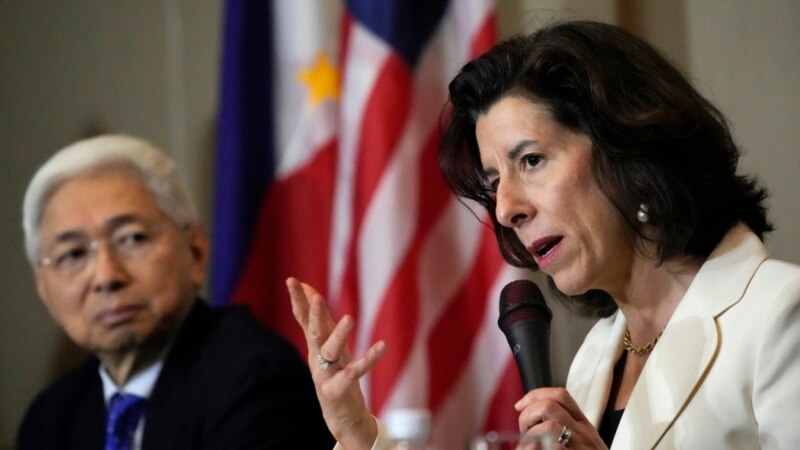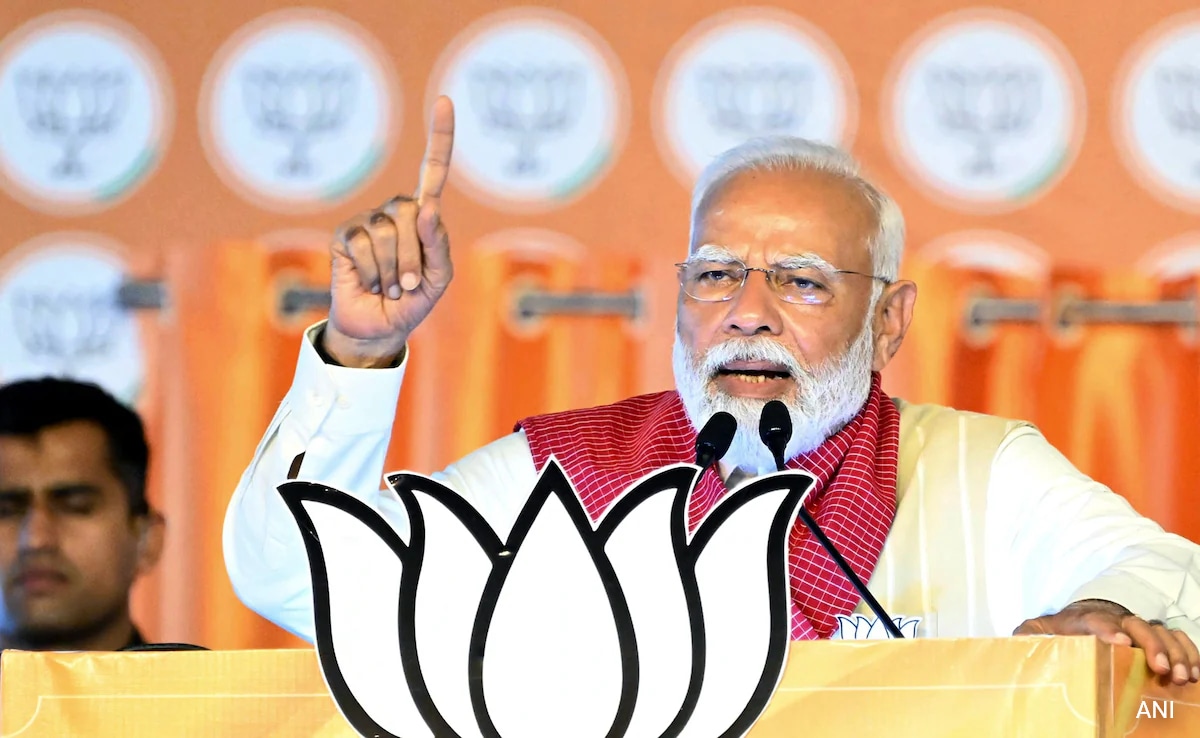
U.S. Commerce Secretary Gina Raimondo said on Monday that the United States is constantly evaluating the need to expand export controls to prevent China from obtaining advanced computer chips and manufacturing equipment that can be used to strengthen its military strength.
The United States launched export controls in 2022 to crack down on the use of chips for military applications, including the development of hypersonic missiles and artificial intelligence.
Last year, the U.S. Department of Commerce expanded export controls, triggering protests from the Chinese Ministry of Commerce, which said the restrictions violated international trade rules and “seriously threaten the stability of industrial supply chains.”
China said it would take “all necessary measures” to safeguard its rights and interests and urged Washington to lift export controls as soon as possible.
“Have we done enough?”
Asked whether the United States plans to further expand chip export controls to China, Raimondo told a news conference in Manila that the plan has been under consideration.
“We look at this every day,” Raimondo said. “Technology is changing faster than ever, which means we have to wake up every day and ask ourselves, ‘Are we doing enough?’ ”
She said her job “is to protect the American people” and ensure that China does not have access to advanced American technology that could be used to bolster China’s military, including semiconductor technology and artificial intelligence.
Raimondo said the United States will continue to sell billions of dollars worth of semiconductors to China.
“I want to be clear. We have no interest in decoupling our economy,” she said, but added, “We cannot allow China to acquire our more advanced technology for the sake of military advancement.”
“ironclad” relationship
Raimondo said President Joe Biden sent her to lead a delegation of executives from 22 U.S. companies to Manila, which she said planned to invest about $1 billion in the Philippines, Washington’s oldest treaty ally in Asia. She said U.S. investments would include training large numbers of Filipinos in high-tech skills to help them find high-paying jobs.
“The alliance between the United States and the Philippines is ironclad. It has lasted 72 years, and we remain steadfast friends and increasingly partners in prosperity,” she said.
Raimondo met with President Ferdinand Marcos Jr. and quoted him as saying “he could not imagine the future of the Philippines without close ties with the United States.”
“Today I want to say: The feeling is mutual,” Raimondo said. “But President Biden acknowledges we can do more.”
Marcos invited US companies, the Philippines’ third largest trading partner, to invest in more than 198 planned infrastructure projects worth US$148 billion.
Follow us on Google news ,Twitter , and Join Whatsapp Group of thelocalreport.in
















